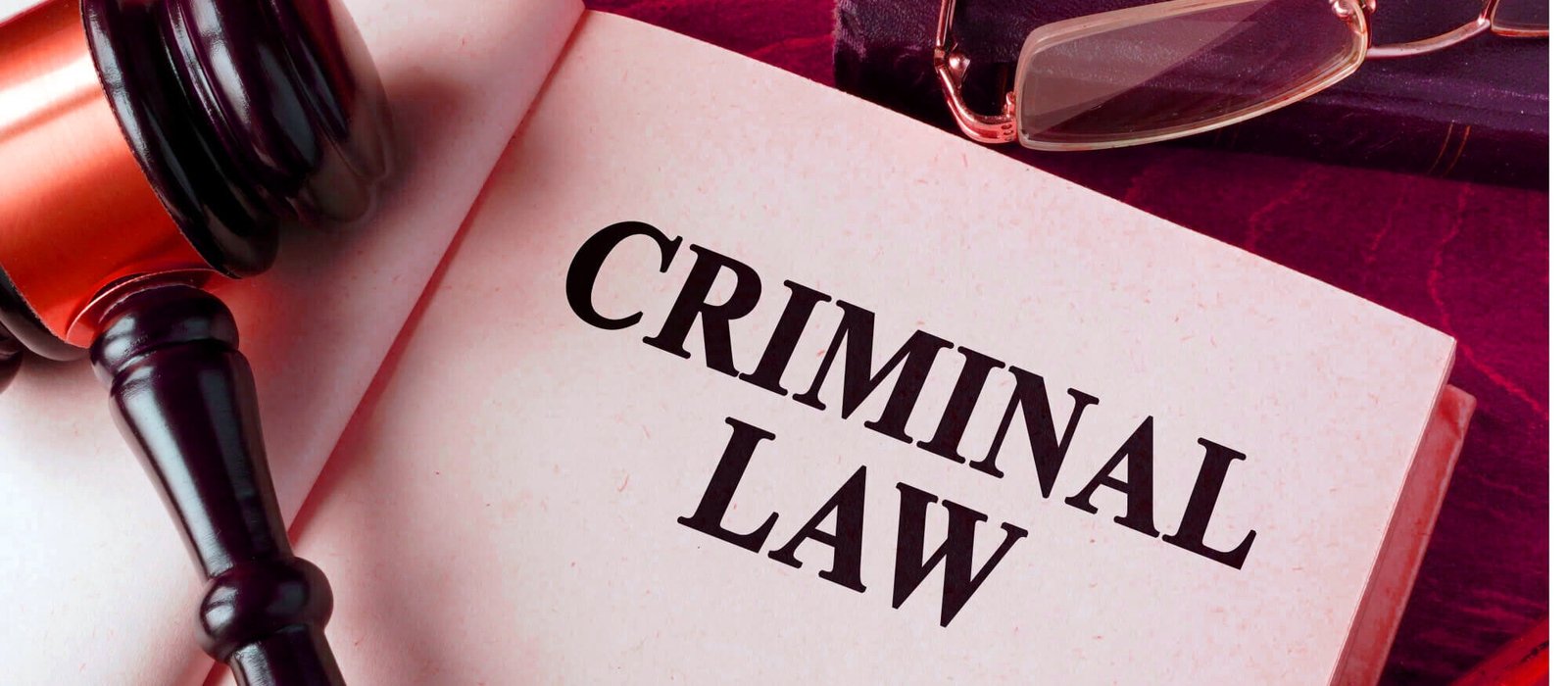Criminal Record Expungement and Pardon Processes: A Detailed Exploration

In today’s society, individuals with a criminal record often face challenges in various aspects of life, from securing employment to regaining certain civil rights. Understanding the processes of criminal record expungement and pardons becomes crucial for those seeking a fresh start. In this article, we delve into the intricate details of these processes, providing valuable insights and guidance for individuals navigating the legal landscape.
Contents
- 1 What is Criminal Record Expungement?
- 2 Steps to Expunge a Criminal Record
- 3 Benefits of Expunging a Criminal Record
- 4 Challenges in the Expungement Process
- 5 Pardon vs. Expungement
- 6 The Pardon Process
- 7 Applying for a Pardon
- 8 Benefits of Obtaining a Pardon
- 9 Limitations of Pardons
- 10 State-Specific Considerations
- 11 Legal Assistance in the Process
- 12 Real-Life Success Stories
- 13 Common Myths and Misconceptions
- 14 Conclusion
- 15 FAQs
What is Criminal Record Expungement?
Criminal record expungement involves the legal process of erasing or sealing a person’s criminal convictions. The primary goal is to offer individuals a chance to move forward without the stigma of past mistakes. Eligibility for expungement varies, often depending on factors such as the nature of the offense, the completion of probation, and the absence of subsequent criminal activity.
Steps to Expunge a Criminal Record
The expungement process typically involves several steps. First, obtaining a copy of one’s criminal record is crucial for understanding eligibility. Once eligibility is confirmed, the individual must file a petition for expungement, undergo a court review, and await a decision. This process demands careful attention to detail and adherence to specific legal procedures.
Benefits of Expunging a Criminal Record
Expunging a criminal record opens doors to numerous benefits. It can significantly improve employment opportunities, as many employers conduct background checks. Additionally, the restoration of voting rights and enhanced social integration contribute to a more inclusive and supportive community.
Challenges in the Expungement Process
While expungement offers a fresh start, the process is not without challenges. Stringent eligibility criteria, complex legal procedures, and varying state regulations can make it difficult for individuals to navigate the process independently. Seeking legal assistance is often advisable to ensure a smooth expungement journey.
Pardon vs. Expungement
Understanding the distinctions between a pardon and expungement is crucial. While expungement erases or seals a criminal record, a pardon forgives the offense without erasing it. Situations may arise where a pardon is more appropriate, especially for individuals seeking forgiveness rather than complete removal of the record.
The Pardon Process
A pardon is an official forgiveness granted by the government, indicating that the individual’s criminal record should no longer be held against them. Eligibility for a pardon often involves demonstrating rehabilitation and contributing positively to society.
Applying for a Pardon
To apply for a pardon, individuals must gather necessary documentation, submit a pardon application, and adhere to specified waiting periods. The application process may also involve considerations such as character references and a sincere demonstration of remorse.
Read More: The Importance of Legal Ethics in Criminal Defense in 2024
Benefits of Obtaining a Pardon
Securing a pardon comes with its own set of advantages. It restores civil rights, enhances employment opportunities, and may positively impact immigration prospects. A pardon signifies societal acknowledgment of an individual’s rehabilitation and ability to contribute positively to the community.
Limitations of Pardons
It’s essential to recognize the limitations of pardons. While a pardon forgives the offense, it does not necessarily erase the criminal record. In some cases, the record may still be accessible, potentially limiting its impact on certain aspects of life, such as employment.
State-Specific Considerations
Expungement and pardon laws vary from state to state. Understanding the specific regulations in one’s jurisdiction is crucial. Consulting with legal professionals can provide valuable insights and ensure compliance with state-specific requirements.
Legal Assistance in the Process
Given the intricacies of the expungement and pardon processes, hiring an attorney is often recommended. Legal professionals can guide individuals through the process, ensuring all necessary steps are taken, and advocating for the best possible outcome. While legal assistance comes with costs, the long-term benefits often outweigh the initial investment.
Real-Life Success Stories
To inspire those considering an expungement or a pardon, real-life success stories can serve as motivation. Highlighting individuals who successfully navigated the process and positively transformed their lives showcases the tangible impact of seeking forgiveness and a fresh start.
Common Myths and Misconceptions
Dispelling myths and misconceptions surrounding expungement and pardons is essential for informed decision-making. Addressing concerns and clarifying legal aspects can empower individuals to take proactive steps towards a brighter future.
Read More: Criminal Sentencing and Punishment
Conclusion
In conclusion, understanding criminal record expungement and pardon processes is pivotal for individuals seeking to overcome the challenges associated with a criminal history. By navigating these processes successfully, individuals can pave the way for improved employment prospects, restored civil rights, and enhanced social integration. It’s a journey towards a second chance and a more promising future.
FAQs
How long does the expungement process typically take?
The duration varies, but it often takes several months, depending on the jurisdiction and individual circumstances.
Can anyone apply for a pardon, or are there specific eligibility criteria?
Eligibility for a pardon usually involves demonstrating rehabilitation and a commitment to positive contributions to society.
Will expunging my criminal record completely erase it?
Expungement typically removes or seals the record, but some limitations may apply depending on the jurisdiction.
How does a criminal record impact immigration prospects?
A pardon can positively impact immigration prospects by demonstrating rehabilitation and good moral character.
Is hiring an attorney necessary for the expungement process?
While not mandatory, hiring an attorney is advisable for navigating the complex legal procedures and maximizing the chances of success.





